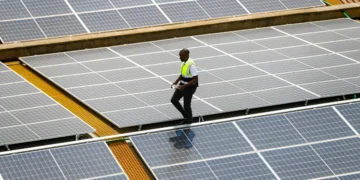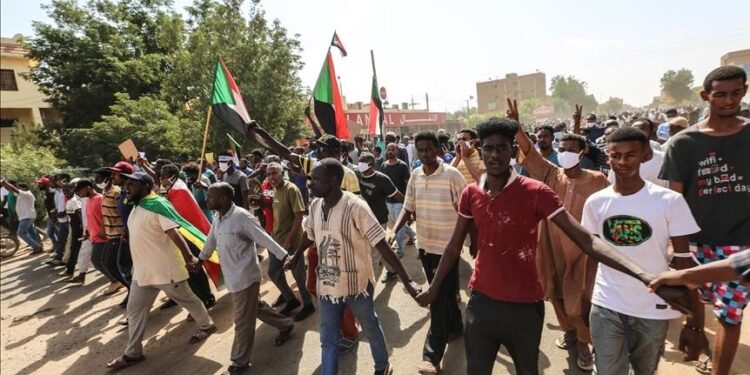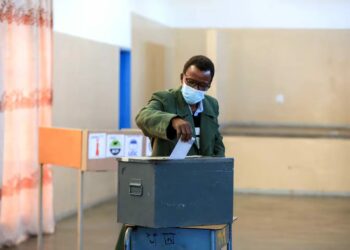By Ebi Kesiena
For a third consecutive day, Moroccan security forces suppressed youth-led demonstrations in several cities, as young activists rallied for better healthcare and education.
The protests, coordinated online by an anonymous collective calling itself “GenZ 212,” were mobilised through social media platforms such as TikTok, Instagram, and the gaming app Discord.
Authorities have yet to issue any formal response regarding the unrest or the arrests. The interior ministry also declined to comment when contacted by Reuters.
Dozens of young people were detained on Monday evening in cities including Rabat, Casablanca, Agadir, Tangier, and Oujda, where security officers blocked gatherings. In Rabat, a Reuters witness observed plainclothes police detaining protesters attempting to chant slogans or speak to journalists.
Najat Anouar, President of a child protection association, was also arrested while speaking to the press and later released after two hours. “I came here to investigate allegations that the under-age have been arrested and got arrested myself,” she told Reuters.
Some protesters in central Rabat briefly managed to shout “freedom, dignity, and social justice,” a refrain reminiscent of the 2011 demonstrations that led to constitutional reforms reducing the monarchy’s powers in favour of an elected government.
“We want a better health system and accountability,” said Brahim, 25, moments before escaping police efforts to disperse the rally.
On Monday night in Casablanca, demonstrators temporarily blocked a major highway, while videos shared on social media from Agadir showed police dispersing students near a university campus.
The current wave of unrest was triggered by anger over poor hospital conditions in Agadir, which quickly spread to other urban centres. Protesters have condemned inadequate medical services, a shortage of staff, and a lack of essential resources.
Morocco faces an unemployment crisis, with the overall rate at 12.8%, rising to 35.8% among young people and 19% for university graduates, according to the national statistics agency.




































